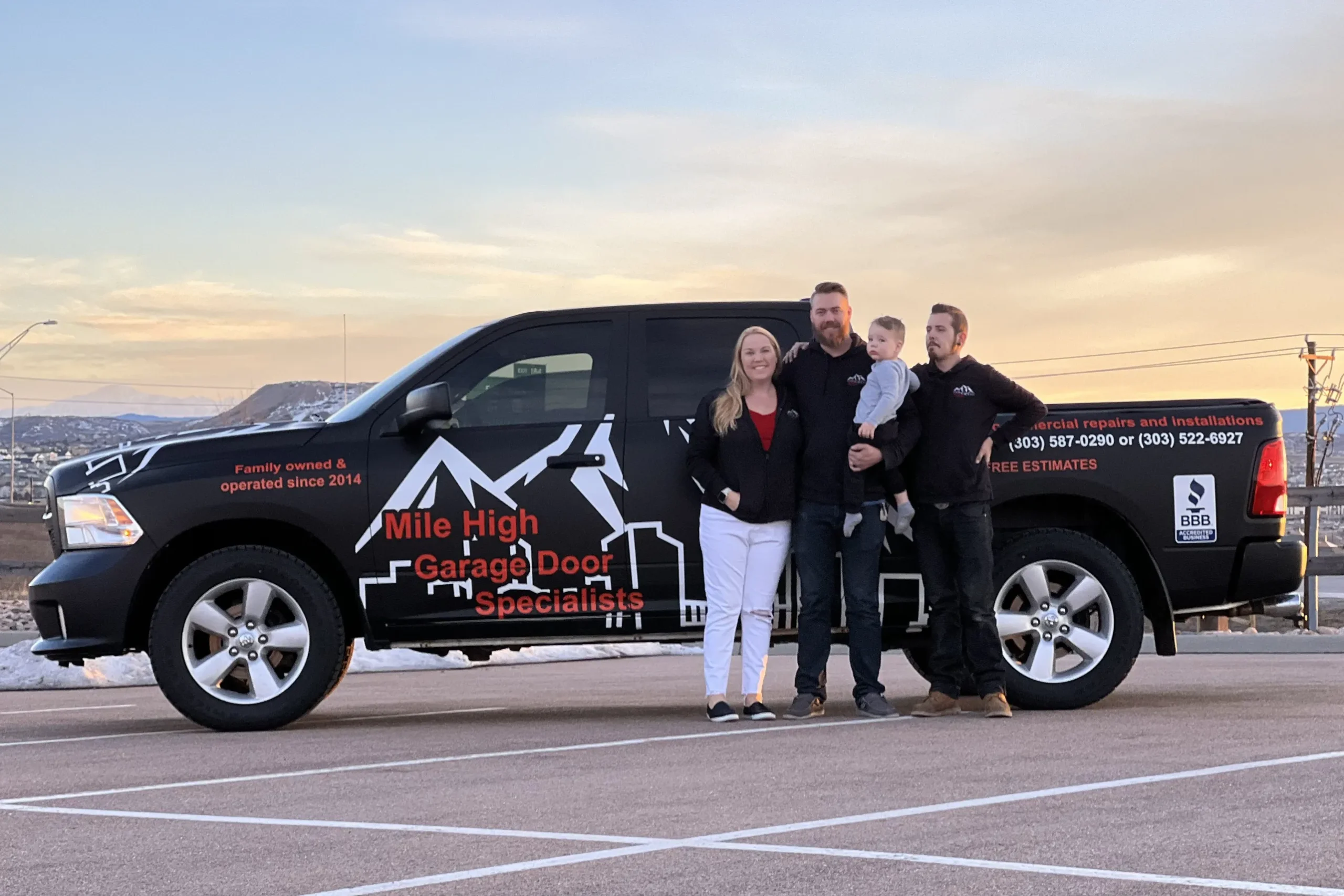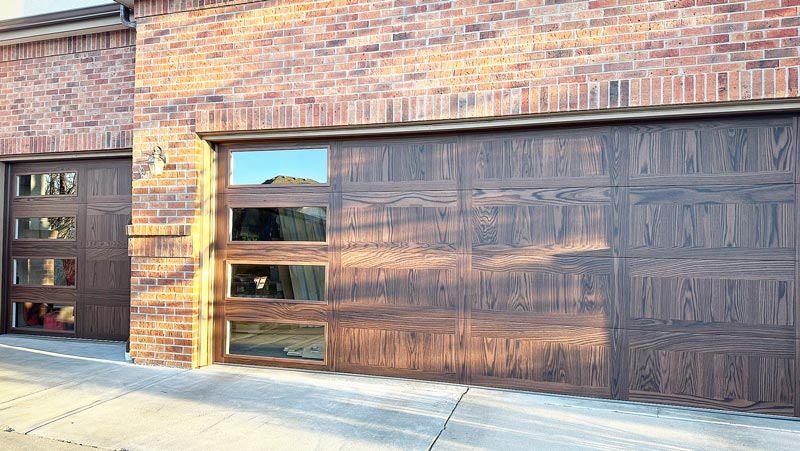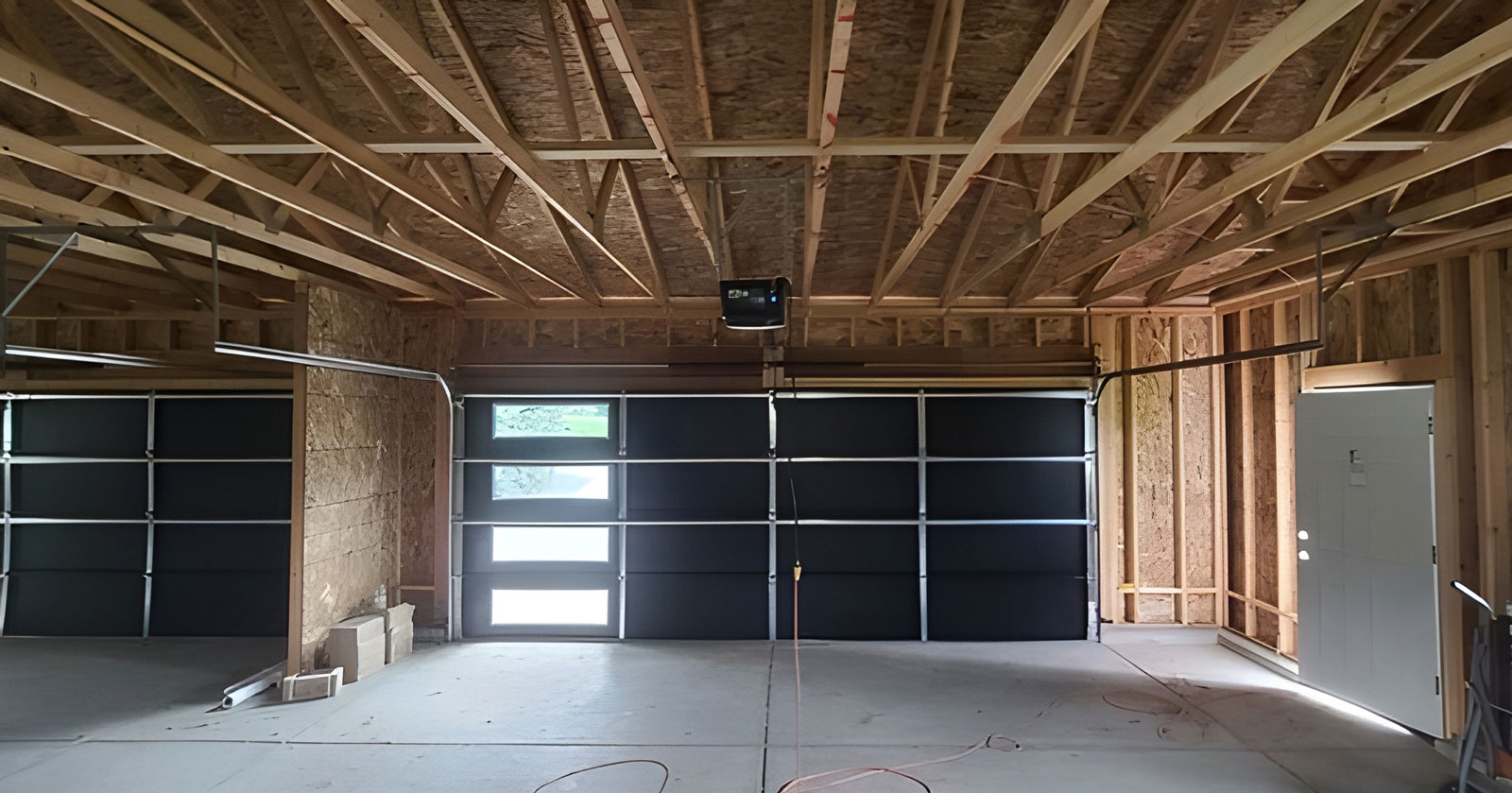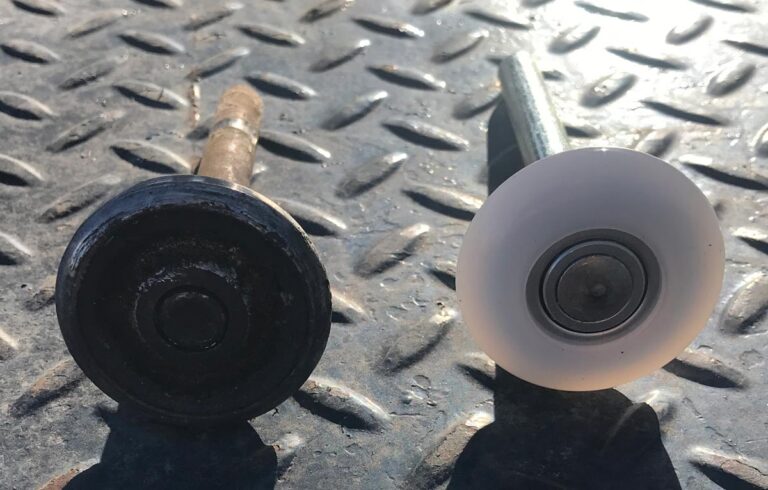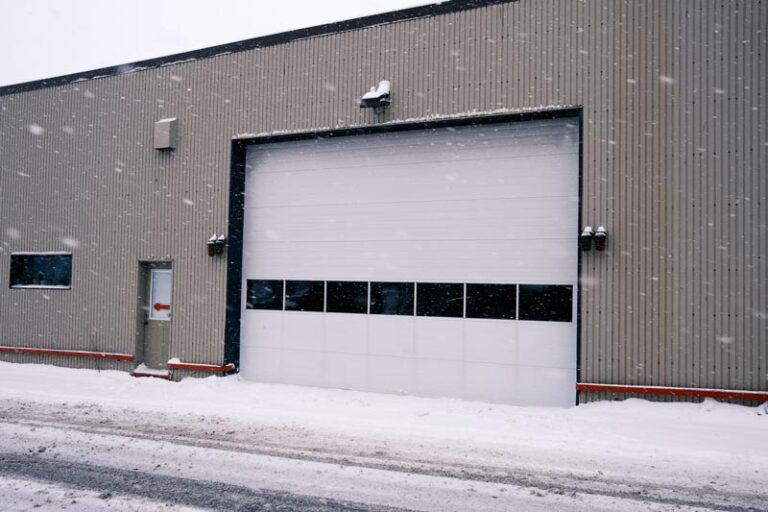Staying up-to-date with local building codes is crucial for Colorado homeowners and businesses. Here’s what you need to know about recent changes and requirements affecting garage door installations and repairs.
Critical Code Areas 📋
Safety Requirements
- Wind resistance standards
- Fire rating requirements
- Emergency exit provisions
- Electrical compliance
- Sensor placement
- Manual operation backup
Recent Colorado Updates ⚡
Key Changes:
- Enhanced wind load requirements for mountain regions
- Updated safety sensor specifications
- New fire-rating standards for attached garages
- Modified electrical code requirements
- Revised insulation standards
- Updated ventilation requirements
Regional Requirements Map
| Region | Wind Load Rating | Insulation (R-Value) | Fire Rating |
|---|---|---|---|
| Denver Metro | 90 mph | R-8 minimum | 20-minute |
| Front Range | 100 mph | R-10 minimum | 20-minute |
| Mountain Areas | 120+ mph | R-12 minimum | 20-minute |
| Urban Interface* | 100 mph | R-10 minimum | 60-minute |
*Areas near wildland require additional fire protection
Emergency Access Requirements 🚨
All garage doors must have:
- Manual release mechanism
- Emergency disconnect
- Battery backup option
- External power inlet
- Clear operation instructions
- Proper labeling
Insulation & Energy Codes
New Requirements Include:
✓ Higher R-value minimums
✓ Air leakage standards
✓ Weather stripping specs
✓ Thermal break requirements
✓ Glazing specifications
✓ Edge sealing standards
Fire Safety Updates 🔥
Critical Changes:
- Self-closing mechanisms
- Enhanced seal requirements
- Fire-resistant materials
- Smoke barriers
- Heat sensors
- Integration with home systems
Permit Requirements
When You Need a Permit:
- Major repairs
- Size changes
- Structure modifications
- Electrical work
When You Don’t:
- Minor repairs
- Spring replacement
- Hardware updates
- Routine maintenance
- Panel replacement
- Weather stripping
Inspection Checklist ✓
Before inspection, verify:
Safety Features:
- Sensor height
- Reverse mechanism
- Emergency release
- Manual operation
- Warning labels
- Safety edges
Technical Requirements:
- Track placement
- Spring balance
- Electrical connections
- Clearance measurements
- Mounting security
- Weatherproofing
Special Considerations for HOAs 🏘️
Common requirements:
- Style restrictions
- Color limitations
- Material specifications
- Noise regulations
- Installation timing
- Contractor approval
Mountain Region Requirements 🏔️
Special codes for elevation:
- Enhanced wind ratings
- Snow load capacity
- Cold weather operation
- Moisture resistance
- Thermal efficiency
- Emergency access
Commercial vs. Residential 🏢
| Requirement | Commercial | Residential |
|---|---|---|
| Fire Rating | Higher | Standard |
| Wind Load | Enhanced | Basic |
| Safety Features | Extended | Standard |
| Access Control | Required | Optional |
| Monitoring | Required | Optional |
| Inspection Frequency | 2x/year | 1x/year |
Compliance Timeline 📅
Immediate Requirements
- Safety features
- Basic structural
- Emergency access
- Electrical safety
Phase-In Requirements
- Energy efficiency
- Smart integration
- Enhanced monitoring
- Climate adaptations
Cost Implications 💰
Investment Considerations:
- Permit fees
- Inspection costs
- Upgrade requirements
- Material specifications
- Labor standards
- Future maintenance
Common Code Violations ⚠️
Top issues to avoid:
- Improper sensor height
- Missing safety features
- Inadequate fire rating
- Poor weather sealing
- Incorrect spring tension
- Non-compliant openers
Professional Requirements
Contractors must have:
- State licensing
- Local permits
- Insurance coverage
- Code certification
- Safety training
- Regular updates
Mile High Garage Door Specialists stays current with all local building codes and ensures every installation and repair meets or exceeds requirements. Contact us for a code-compliant assessment of your garage door system.
Important Note: Building codes vary by municipality and can change. Always verify current requirements with local authorities or consult with our certified technicians.

